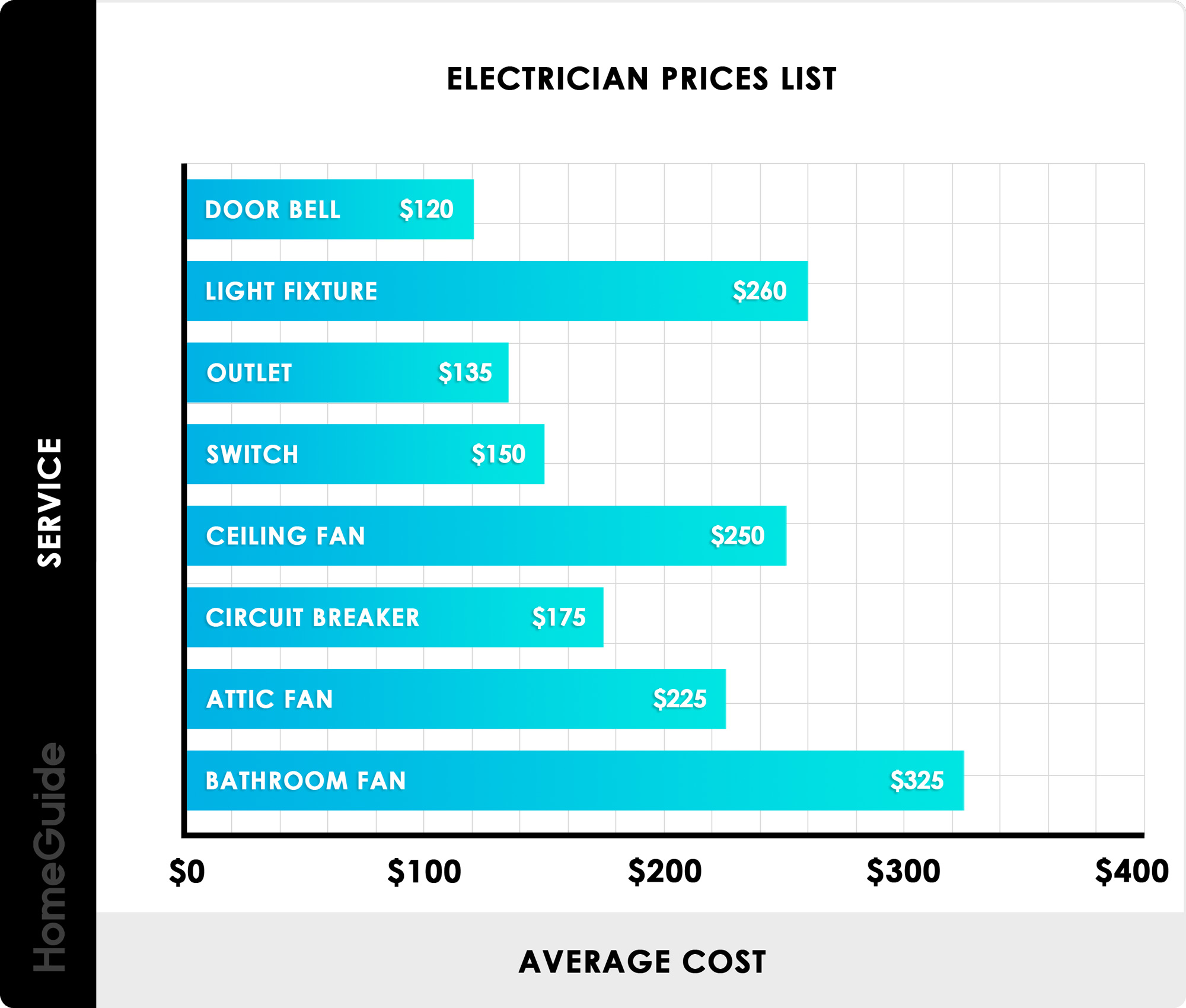
Utah currently has more than 1,900 jobs for electricians. In 2028, the state will see more than 2,000 new positions. There are two levels of jobs: master and apprentice. Federal government employees can also apply. Online job postings are plentiful, so if electrician is your dream career, then you may have some luck.
Pay for a Journeyman-Electrician is $36,500
The average salary for a Journeyman Electrician is $36,500 in Utah, but it can vary by state and industry. Utah is ranked among the top 23 states nationally for the average Journeyman Electrician's salary. Consider pursuing an advanced degree to find a better job. These degrees will boost your income and qualify you for promotions and management positions.
Although the average Utah salary for a Journeyman Electrician at $36,500 is the norm, there are some Utah cities that pay higher than this. Provo is, for instance, 21% better than West Valley City. This may be due to the lower cost of living.

Utah's job growth for electricians
The national average for electricians will increase in the next few years. Utah's job growth is expected to be faster than Utah's. Utah's electricians earn a higher salary than the national average. According to Utah Department of Workforce Services estimates that there will likely be a 29% rise in the number of electricians working by 2022.
This is due in large part to the increase in construction projects. Although the lack of skilled labor in this industry is a problem for many construction firms, it also offers opportunities for new workers. More than 67,000 electricians are employed in the United States. This is based off the retirement of 7,400 employees and the addition to 59.600 additional employees.
You must have a license to become an electrician in Utah. Utah apprenticeships require a high school diploma (or GED) and a valid driver’s permit. Applicants must also complete an aptitude test before they can start their apprenticeship. The program trains electricians in electrical standards, mathematics, scientific principles, customer service, and customer care skills. Training also helps to develop independence, physical endurance, as well as logical problem solving skills.
Utah License Requirements to become an electrician
To become a Utah licensed electrician, you first need to complete a training programme. You must then pass the Utah Electrical Licensing Theory, Code, & Practical Exam. To pass the licensing exam, you must score at minimum 74% on both exams. The test is an extensive assessment of your knowledge regarding electrical safety and rules and regulations.

There are different requirements to become a licensed Utah electrician. A license is necessary to conduct electrical work in homes or businesses. A commercial license is required if you intend to work on construction sites. Licenses are required in order to pass inspections and obtain commercial insurance. You can protect your customers and your business by obtaining a license. Additionally, you will be able increase your earning potential.
An additional requirement is required for master electricians. You must have at least two years of experience working under a licensed electrician. A minimum of 8,000 hours must be spent on the job training. To become a master electrician, you will need to pass a test. If you want to be an electrician in Utah, you will need a master electrician license. This license is proof of your electrical knowledge and skills. Only licensed electricians can obtain commercial insurance.
FAQ
What is the best way to get a service contract?
You can obtain a standard form of SCA from your local government or contracting authority. You may also use our online tool to generate a quote. Once you have found out enough information, please send us your details so that we may contact you with more information.
What is my SCA coverage?
Your SCA will outline the specific scope of work required. This includes how long it will take to complete, what materials and equipment are needed, as well as whether any permits are required.
Are there additional considerations I need to make?
Yes. Make sure to check your local laws about what type of projects you can do and what conditions you have to comply with. Some states require that you get council approval before you build. Some states only require you to notify them about your plans. To find out their position on the matter, check with your local authorities.
What happens if one party doesn't take their side of the deal?
The law allows you to sue the other party for damages if you don't fulfill your agreement. Damages can include interest, court costs and legal fees as well as the amount due.
Statistics
- (3) The contracting officer may provide for a contract price adjustment based solely on a percentage rate determined by the contracting officer using a published economic indicator incorporated into the solicitation and resulting contract. (acquisition.gov)
- Depending on the client's trustworthiness and financial stability, a deposit is usually 10 to 50% of the total contract amount. (lawdepot.com)
- (1) Except as provided in paragraphs (a)(4) and (a)(8) of this section, if the estimated amount of the contract or subcontract is $10 million or more, the contracting officer shall request clearance from the appropriate OFCCP regional office before- (acquisition.gov)
- Reasonable late fees go up to 25% per year on unpaid sums. (lawdepot.com)
- Don't take their anger personally, they are mad about the situation 99% of the time. (activatemylicense.com)
External Links
How To
What is the difference between a service agreement and a contract?
A service agreement is an agreement by which a provider agrees that they will provide services to a customer. The agreement creates an obligation for both parties. The service term refers to products, information, advice, and other services provided by a company. However, it does not include financial services.
A contract is a legally binding document which outlines the terms of a business partnership. If you purchase a product from a retailer you have entered into a contract. This means that you are legally bound to pay the item later. If you accept employment you have entered into an agreement with your employer.
A service agreement does not require any formal documentation. Written service agreements are rarely used in practice. Instead, verbal agreements are standard.
However, a service agreement has several advantages over a contract:
-
A service agreement is more flexible than a contract.
-
It allows a service company to change its mind without being penalized.
-
It allows the service to have greater control over how they deliver the service.
-
It is a clear record that demonstrates what was said.
-
It is much easier to make a complaint against a service provider.
-
It's cheaper to create a service agreement rather than a contractual contract.
-
It is less likely it will result in litigation.
-
It is more simple to terminate an agreement for service than a contract.
-
It is simpler to modify a Service Agreement than a Conventional Contract.
-
To establish an ongoing relationship, you can use a service contract.
-
It is possible to divide the cost of drafting service agreements with third parties.
-
It is possible to include a clause requiring arbitration in a service agreement.
-
It is possible for provisions to be added regarding confidentiality, proprietary rights, non-disclosure etc.
-
You can specify the duration of the contract (e.g. one year).
-
It is possible to subject the service agreement to a condition precedent.
-
It is possible to state that the service provider will be liable only for negligence, gross negligence, willful misconduct, or fraud.
-
It is possible to limit the liability for consequential damages.
-
It is possible for a service provider to enter into a new agreement with a customer.
-
You can give notice of termination in certain circumstances.
-
You can request that the service provider provide a warranty.